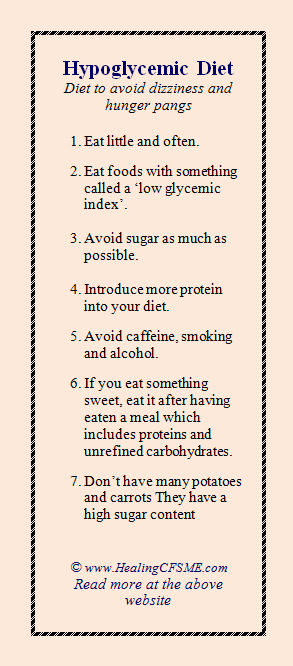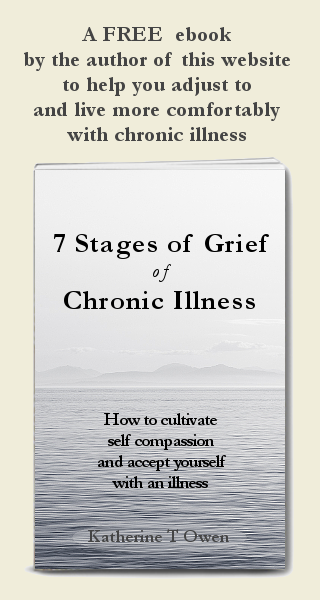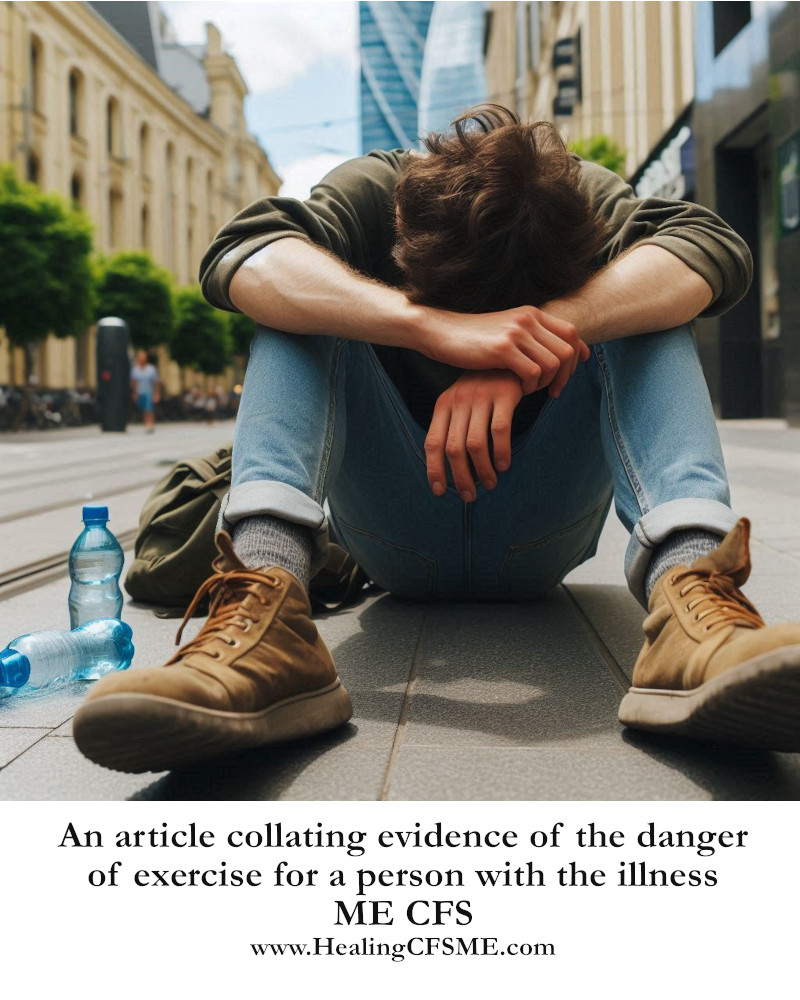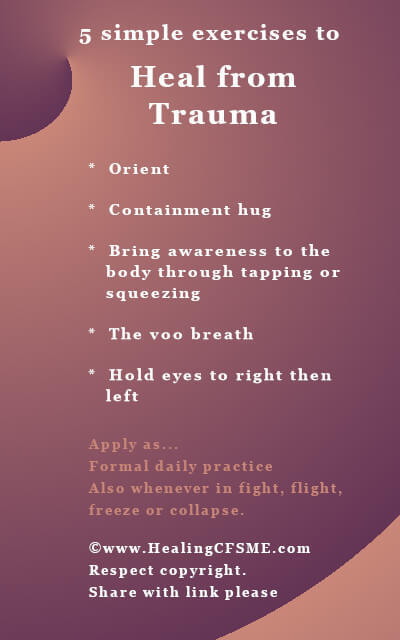Diet for Hypoglycemia
includes a list of symptoms
Contents for this article on diet for hypoglycemia
NB. The British spelling is hypoglycaemia. I have used the American spelling in this article.)
- What is Hypoglycemia?
- Symptoms of hypoglycemia
- Hypoglycemia and CFS Chronic Fatigue Syndrome
- Hypoglycemic Diet - What to eat and when?
- Why am I always hungry?
- Protein drink or shake
- If you eat nuts or seeds, soak and dry them first
- Foods which stabilise blood sugar levels
- A tip to reduce sugar cravings
Or click here to CHOOSE FROM
A RANGE OF personalizable cards and gifts.
The healing-themed gifts are designed by myself, Katherine, the author of
this website HealingCFSME.com
Proceeds go towards the cost of the website. Thank you. Enjoy!
What is Hypoglycemia?
Before considering a diet for hypoglycemia let us first answer the question 'What is hypoglycemia?'
Hypoglycemia means low blood sugar.
This article considers 'reactive hypoglycemia'. Unlike 'proper' hypoglycemia, reactive hypoglycaemia doesn't show up in blood tests. The diagnosis of reactive hypoglycaemia is based on the symptoms.
Reactive hypoglycemia is a common symptom of CFS or Myalgic Encephalomyelitis (ME).
Alternatively, hypoglycemia may be the only condition with which you live.
Hypoglycemia can be managed by a diet which helps to maintain a steady release of insulin into the blood stream.
It is ‘spiked’ levels of insulin which lead to the unpleasant symptoms below.
Do you ask yourself any of the following questions?
Why am I dizzy?- Why does the dizziness fluctuate?
- Why am I always hungry, or hungry so often or desperately hungry?
- Why do I feel better after eating or a short time after eating
One possible reason for these observations is that you have Reactive Hypoglycemia. Please, as always, check with your medical practitioner.
Symptoms hypoglycemia
Symptoms hypoglycemia.
It is not necessary to have all these symptoms to have hypoglycemia.
- poor concentration
- dizziness
- fatigue
- feeling desperately hungry
- nervousness
- irritability
- anxiety
- phobias
- panic attacks
- headaches
- migraines
- tinnitus, ringing in the ears
- allergies
- forgetfulness
- blurred vision
- vertigo.
Hypoglycemia and CFS
If you have the illness Chronic Fatigue Syndrome (or Myalgic Encephalomyelitis) you may have noticed from the list above that there is an overlap between the symptoms of hypoglycemia and the symptoms of CFS.
It may be that you don't have Chronic Fatigue Syndrome, but only hypoglycemia.
It may be that you do have Chronic Fatigue Syndrome but are able to relieve and manage your CFS symptoms though a diet for hypoglycemia.
The great thing about a diet for hypoglycemia is that it is a healthy long term diet - see below. It is worth trying the diet to see if hypoglycemia is the cause of dizziness or other CFS symptoms.
I have met several people with CFS who feel that eating little and often, and eating the right things to maintain blood sugar levels, is the most important factor in determining how well they feel.
If you live with the chronic illness CFS, click through to read further recommendations to improve your diet.
Sadly dietary advice is too often regarded as alternative healing. In my view, when treating any chronic illness, a medical practitioner should check that someone has a healthy diet.
Diet for Hypoglycemia
Tips for a diet to manage hypoglycemia
For the years of more severe CFS/ME, I was on a strict diet for hypoglycemia.
This diet made a huge difference to my quality of life.
Now that I am significantly improved, I continue with a diet for hypoglycemia, but it is not so strict. In the last year, it has been rare for me to have the symptoms of hypoglycemia unless I forget to eat a meal.
Disclaimer: As always, when it comes to the information on this healing website please know that I am not a medical practitioner. Please seek advice as appropriate.
- Eat smaller meals.
With a diet for hypoglycemia you are likely to need snacks between meals. Eat a smaller meal size to allow you to eat the snacks without experiencing weight gain. - Eat often.
Eat often to maintain blood sugar levels.
If you are just starting out on a diet for hypoglycemia and your symptoms are high, you may need to eat something every 2 hours. As you learn to manage the condition the length of time without food may increase.
I had four meals a day for many many years when living with very severe CFS and severe hypoglycemia. - Eat foods with something called a ‘low glycemic index’*.
Avoid refined carbohydrates, for example, white pasta and white bread.
Brown pasta and brown bread are better at releasing insulin slowly into the blood sugar. - Avoid
sugar as much as possible.
Fruit sugar and milk sugar are better than the kind of sugar you get in a sugar bowl, but still keep your levels low.
If you take sugar in tea, you can buy fruit sugar from many supermarkets. It is more natural and it is sweeter so you need less. Preferably give up sugar in tea and coffee.
(Some people find sweeteners helpful, but please check you don't have aspartame poisoning - aspartame is a common ingredient in sweeteners). - Introduce more protein into your diet. For example, eggs, cheese, meat. Nuts and seeds are also protein. (See below for important advice on how to make nuts more digestible.)
- It is best to avoid caffeine, smoking and alcohol. These also lead to fluctuations in blood sugar levels.
-
If you are going to eat something sweet, eat it after having
eaten a meal which includes proteins and refined carbohydrates. This will reduce the
insulin spike.
If you eating something sugary, try to eat it earlier in the day - a blood sugar fluctuation in the night can wake you up or lead you to feel rough in the morning. - You may be surprised to know that some vegetables have a very high
sugar content, so they are not good for a diet for hypoglycemia.
Common vegetables with a high sugar content include potatoes and carrots. - Don't necessarily eat until you feel full.
It takes time to digest your food and time for blood sugar levels to be restored.
Even if you feel desperately hungry eat only an appropriate amount.
If you still feel hungry an hour later you can then eat a healthy snack. Alternatively you may find the feeling of desperate hunger has then passed. - Breakfast is an important meal for people with hypoglycemia.
A common breakfast is a sugary cereal or toast. With hypoglycemia this isn't suitable. (It probably isn't suitable for anyone!) You need to make sure you have a meal for breakfast that includes protein.
I don't eat eggs, and I found it hard to find protein breakfasts at first.
Now I switch between the following breakfasts.
A protein drink.
Low sugar muesli with nuts.
An avocado.
Porridge with milk added.
Sourdough bread - one slice with generous covering of coconut oil and sesame seed paste.
Yoghurt.
Breakfast doesn't have to look 'normal'. You can have left over cold meat, or cook a piece of fish in a steamer. - Are you woken in the night by the symptoms of hypoglycemia? That was true for me when I lived with very severe Chronic Fatigue Syndrome.
As part of your diet for hypoglycemia you may need to eat some protein just before bedtime. It might be literally two nuts (Ideally soaked nuts (1)). Or a single bite of chicken left over from your evening meal.
If the symptoms are waking you up in the night, keep some nuts or a protein drink by your bed, so that you can eat something and hopefully go back to sleep. - Polly on twitter gives a great suggestion. "I find adding some fat, even a teaspoon of olive oil helps. Fats slow down digestion and release energy longer."
Adding fat to each meal is a suggestion that is given in the metabolism reset diet which I highly recommend.
Why am I always hungry?
Before you know about the existence of hypoglycemia, you may be eating in a way which aggravates the condition.
One of the symptoms of hypoglycemia is to feel hungry, often desperately hungry. If the only snack you have available is a refined carbohydrate snack such as a normal sugary biscuit, then you will eat the biscuit and feel some relief as your blood sugar levels rise. However, because the biscuit contains refined carbohydrates your blood sugar levels will drop again fairly soon afterwards.
A cycle can be created where you frequently snack on sugary snacks, and often feel dizzy and tired.
A diet for hypoglycemia requires you to find a protein snack such as nuts, dried meat or a protein drink.
Protein snacks will not reduce hypoglycemic symptoms as soon as you take them, but they may help to avoid the spikes in your blood sugar levels which cause the symptoms in the first place.
Protein drink or shake
Protein drinks can be included as a snack if you are on a diet for hypoglycemia, or they can be used as a meal in themselves.
I often have a protein shake for breakfast.
I also find a protein shake useful if I am going out. I take the powder in a beaker. I take the milk in a separate container. When I want the drink, I shake them together.

If you eat nuts or seeds, soak and dry them first
Are you saying or asking any of the following?
- I want to eat nuts and seeds but I can't digest them.
- Everyone recommends them as a source of protein, but nuts and seeds aren't good for me.
- How do I soak nuts and seeds, sprout or dehydrate?
(1) Nuts are hard to digest. If you get stomach pain or notice bits of the nuts in your stools, you might choose to soak and dry the nuts before eating.
If you are looking for a vegetarian diet for hypoglycemia, this one tip may improve your health.
I have always founds seeds and nuts hard to digest but only discovered recently how to make the nuts and seeds more digestible.
Sadly, as with so many dietary considerations, there is some extra work involved which may be tricky when living with severe Chronic Fatigue Syndrome or other chronic illness.
The alternative to soaking nuts is to buy soaked nuts.
Where can I buy soaked nuts?
In the USA, pre-soaked nuts are sold by Radiant Life.
In the UK, pre-soaked nuts are sold by Raw Ecstasy.
Other sellers are no doubt available. These are the ones I have happened upon.
Read an article here on soaking nuts.
Foods which stabilise blood sugar levels
I have started coming across foods listed as actively good for stabilising blood sugar levels, so I thought I would post them as I find them.
- Celery
- Lemon can help you to regulate your blood sugar levels (and thereby assist with weight loss if needed). The pectin in water also reduces cravings for food. As part of your diet for hypoglycemia, start your day as follows. Squeeze half a lemon into a glass of room temperature water. Wait 10-20 minutes after drinking it before eating breakfast. (Brush your teeth first or don't brush them for half an hour afterwards to protect your teeth enamel.) If you live with Chronic Fatigue Syndrome, buying and squeezing fresh lemons may not be a suitable priority for your energy and mobility. Perhaps lemon from a bottle would also be good for you.
- Aloe Vera can stabilise blood sugar. You can grow the plant yourself or buy aloe vera drinks or products.
Foods which lower blood sugar
The following foods can lower blood sugar. I am unsure as yet whether this means that you should avoid them in a diet for hypoglycemia or include them! Please do your own research.
- Apple Cider Vinegar
In a study of people with type 2 diabetes, two tablespoons of apple cider vinegar taken at bedtime were found to lower blood sugar levels by up to 6 percent - Turmeric can lower blood sugar levels (Shishodia et al. 2005). You can take a teaspoon of turmeric in warm water in the morning. Keep stirring as it won't dissolve in the water. [If you have diabetes and already take medication to lower blood sugar, then avoid turmeric].
There are many studies to show other health benefits from both apple cider vinegar and turmeric.
A tip to reduce sugar cravings
Trudy Scott is author of The Antianxiety Food Solution:
How the Foods You Eat Can Help You Calm Your Anxious Mind, Improve Your Mood
and End Cravings.
Amazon affiliate link to the book here.
I have benefited from Trudy's sharing of information about the use of amino acids to calm the nervous system and facilitate sleep.
Trudy writes on her wonderful blog that the following amino acids are ALL powerful for eliminating sugar cravings, "often within 5 minutes."
- DPA,
- glutamine,
- GABA,
- tryptophan (or 5-HTP)
- tyrosine
When hypoglaecemic symptoms were high for me, I didn’t have
sugar craving, I just had food craving. I do not know if the amino acids would help
in this situation as well, but I suggest it might be worth a try.
Which amino acid to choose?
In the following situation she suggests DPA to correct low endorphins.
"The big clue with low endorphins is that you may also feel weepy, overly
emotional and sometimes experience physical pain. The emotional
connection to the treat – be it chocolate or ice-cream or cookies –
feels very real and very strong..."
I suggest you look up Trudy Scott for more advice.
Amino acids are something you only take when needed, as opposed to taking minerals or vitamins each day.
Healing articles relevant to a diet for hypoglycemia
- Read about a protein drink that I include as part of my diet for hypoglycemia.
Read more recommendations for a diet for Chronic Fatigue Syndrome.
Receive daily inspiration...
by putting your favorite (favourite) healing quote on
a mug, cushion, postcard, coaster, T shirt etc.
You will find my zazzle gift store at
zazzle.com/HealingStore.
Use one of my designs or start from a blank.
Thank you from me, Katherine, author of HealingCFSME.com
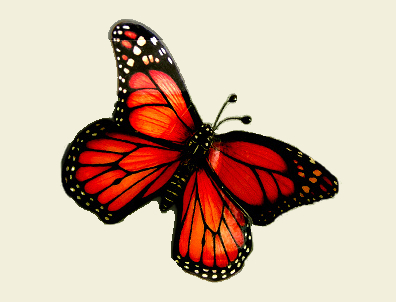 |
© Katherine T Owen. All articles on this website are copyrighted. I am delighted if you choose to click above to share this page on social media, but please
do not copy, print or otherwise use without my permission. Thank you. Disclaimer:
I am not a medical practitioner. The articles on this website are not
to be taken as medical advice. Please consult a medical practitioner as
necessary. |

